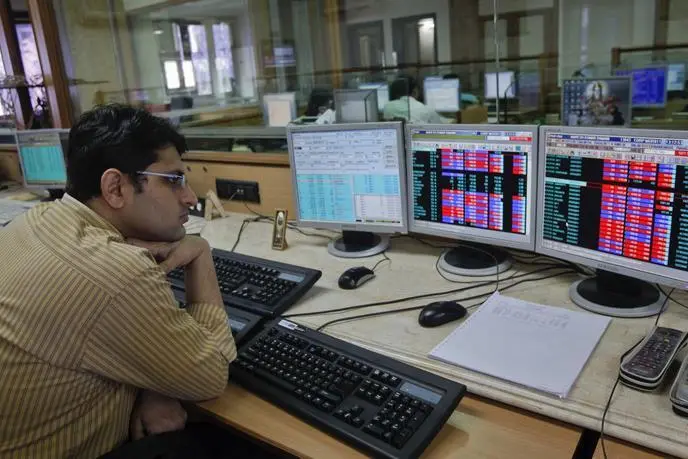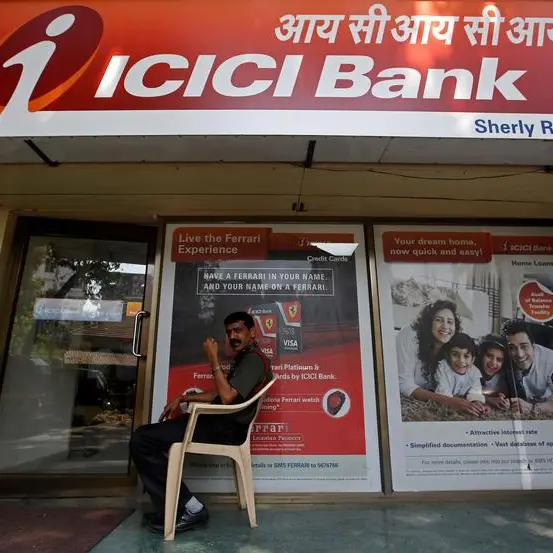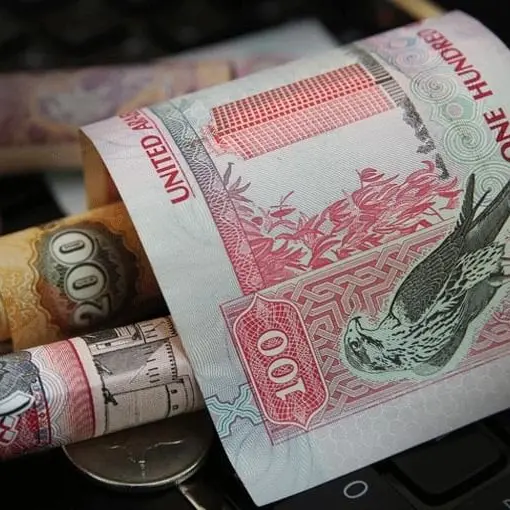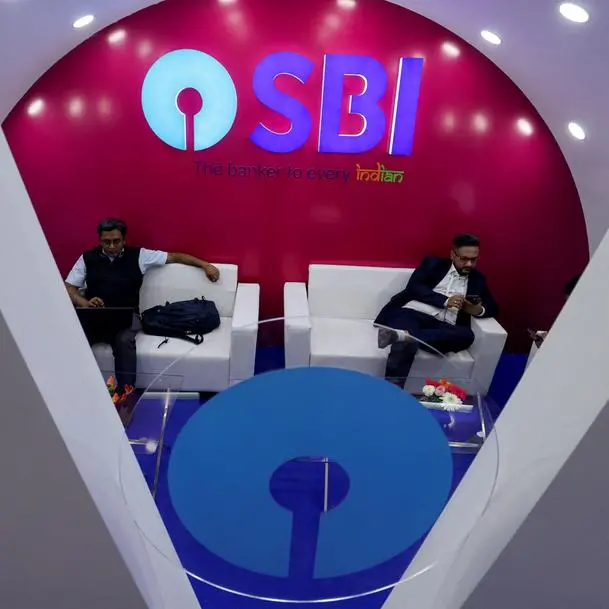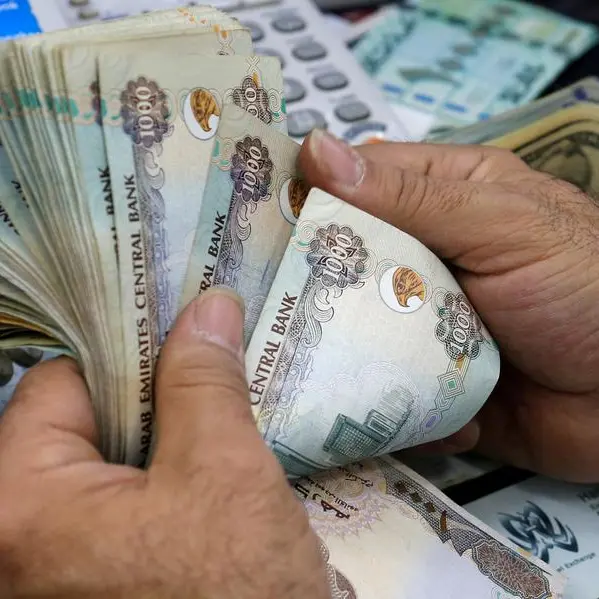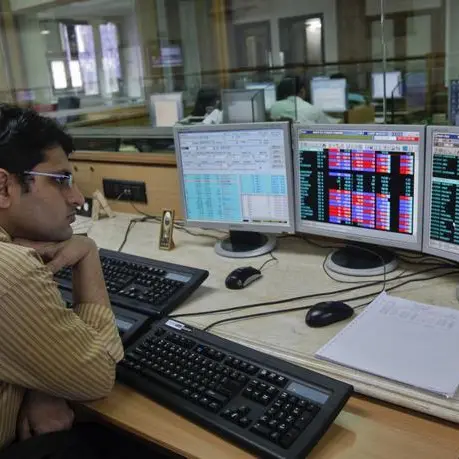PHOTO
Indian government bond yields declined on Monday, with the benchmark yield ending at its lowest level in two years, after exit polls signaled that Prime Minister Narendra Modi's government will secure a third term with a wider majority.
India's benchmark 10-year yield ended at 6.9438%, the lowest level since April 7, 2022, following its previous close of 6.9809%.
"Government continuity is positive for bonds, but the market will now wait to see the final numbers as well as the Reserve Bank of India's policy, for any further rally in prices from this point," said Debendra Kumar Dash, senior vice president of treasury at AU Small Finance Bank.
Most exit polls projected the ruling National Democratic Alliance (NDA) to win a two-thirds majority in the 543-member lower house of parliament, where 272 is needed for a simple majority.
The results of the general election will be announced on Tuesday. India's exit polls have a patchy record, which could curb investors undertaking more aggressive calls on the decline in yields.
The exit polls have led to positive reactions across asset classes, with local shares hitting record highs and the Indian rupee rising to the highest level in over two months.
Market participants stated continuity of policy reforms as well as adherence to fiscal deficit target would be the major positives if the incumbent administration wins by a large majority.
Government continuity is expected to lead to more foreign inflows, while Indian bonds get included in JPMorgan's index at the end of this month, further aiding investor sentiment.
The inclusion will draw $40 billion worth of active and passive inflows, with the five- to seven-year bonds remaining a "sweet spot", Diwakar Vijayvergia, director of Asia Credit at AllianceBernstein said.
The focus would also remain on the Reserve Bank of India's monetary policy decision due on Friday. Most market participants expect the central bank to maintain the status quo on rates and stance.
(Reporting by Dharamraj Dhutia Editing by Eileen Soreng)
